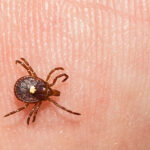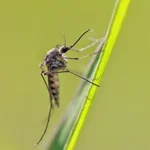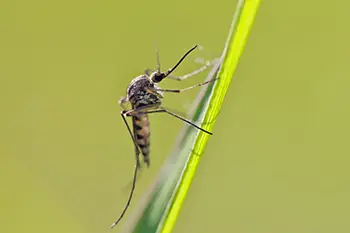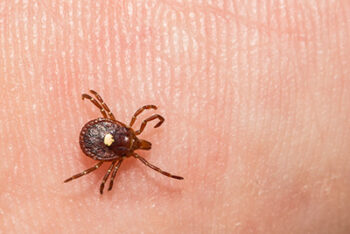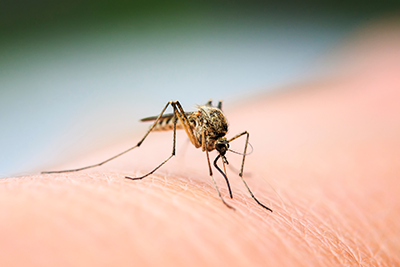
Dengue fever has become a major news topic, with conversations often highlighting its potential to enter the United States. This disease, transmitted by mosquitoes, can cause severe flu-like symptoms and in some cases, lead to serious health complications. For those in New Jersey concerned about this, the probability of it reaching you is quite low. Still, it’s a sensible worry, so we’ve prepared this blog to provide you with vital information on Dengue fever and its transmission.
How Is Dengue Fever Transmitted?
Dengue fever spreads through the bites of infected Aedes mosquitoes. Contrary to some beliefs, it cannot be transmitted directly from person to person. However, if a mosquito bites an infected individual, it becomes a carrier and can transmit the disease to others. This cycle persists in areas where Dengue is common. This is why controlling mosquito populations with the help of a professional mosquito exterminator is crucial in preventing outbreaks.
What is Dengue Fever?
Over 100 countries across Africa, the Americas, Southeast Asia, the Eastern Mediterranean, and the Pacific Islands experience endemic Dengue fever. Annually, there are an estimated 100 to 400 million Dengue infections. While many of these cases are asymptomatic, Dengue causes severe illness in approximately 500,000 individuals and results in around 40,000 deaths each year. This highlights the urgent need for effective prevention and control measures worldwide.
What are the Symptoms of Dengue Fever?
Recognizing the symptoms of Dengue fever is crucial for timely diagnosis and treatment. Here are the key signs and symptoms you should be aware of:
- High fever
- Severe headache
- Pain behind the eyes
- Joint and muscle pain
- Fatigue
- Nausea
- Vomiting
- Skin rash (appearing between two and five days after the fever starts)
- Mild bleeding (such as nose bleed, bleeding gums, or easy bruising)
Should You Be Concerned About Dengue Fever?
Right now, the risk of catching it in the United States is extremely low. Winning the lottery is more likely. In 2023, there were only two locally transmitted cases reported in the state of Florida.
However, these instances remind us that diseases spread by mosquitoes can reach new areas. Several theories explain why Dengue has been showing up recently in places where it wasn’t a problem before, such as changes in climate and increased global travel. The CDC tracks Dengue fever cases in the U.S., so you can access the most recent data if you’re curious!
Mosquito Control Experts in New Jersey
Dengue fever is a notable threat in many parts of the world, but the likelihood of it occurring in New Jersey is very low right now. However, staying vigilant and controlling mosquito populations is important to prevent any potential risks. Our knowledge and experience can help you feel at ease by keeping your home and community protected from mosquito threats.
If you’re worried about mosquito activity in your area, reach out to Eastern Pest Services for effective mosquito control solutions.

